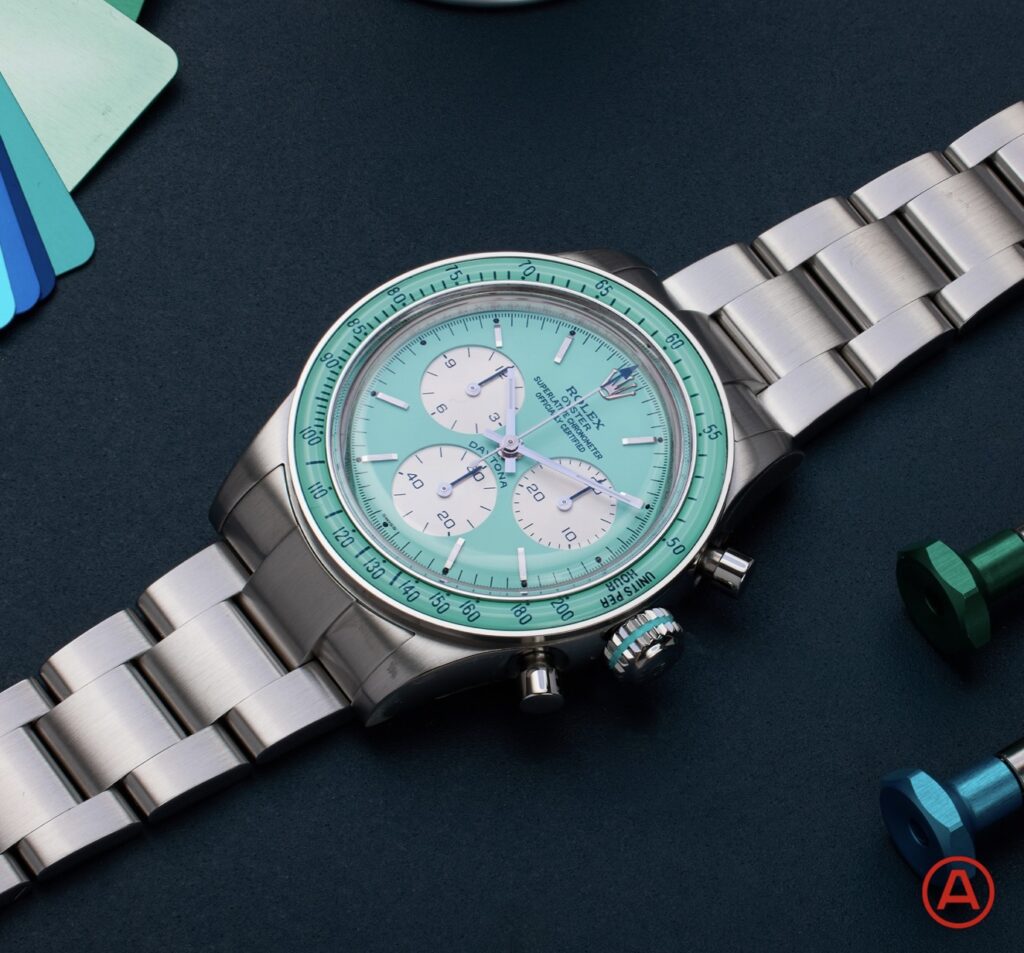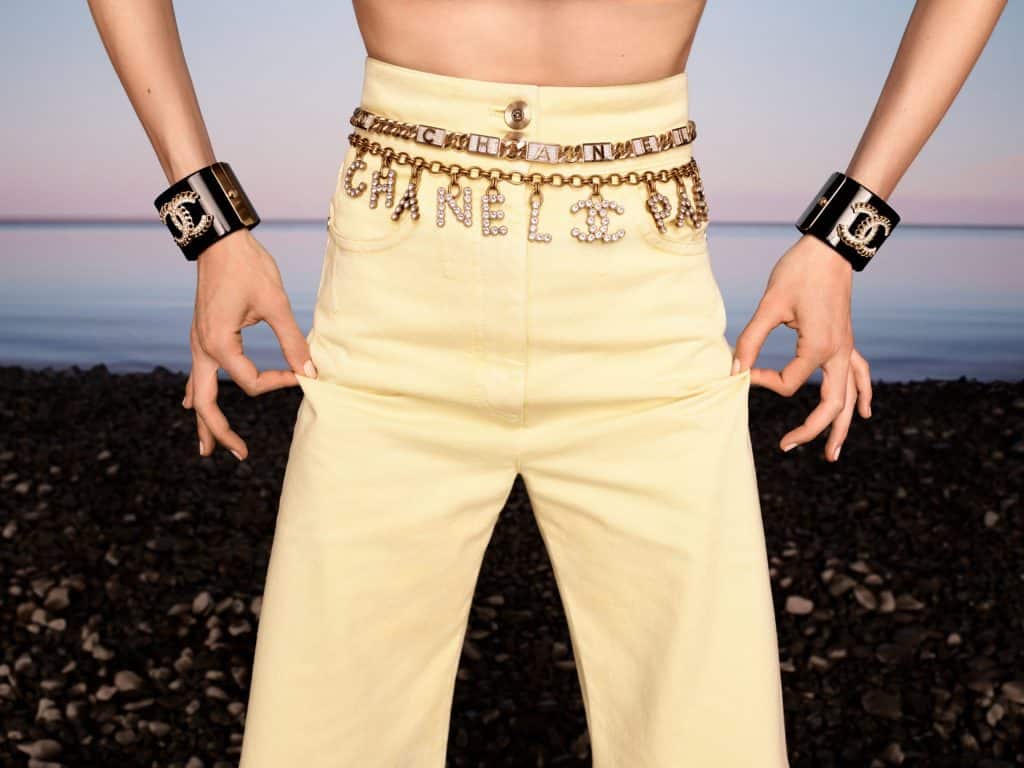Mergers and acquisitions continue to garner headlines amid enduring consolidation in the fashion, luxury, sportswear, and beauty segments, as well as in the resale realm. Key deals have seen LVMH add Tiffany & Co. to its lineup of brands, bolstering its position in the hard luxury space; Coupang acquire Farfetch in a $500 million rescue deal; and Richemont sell off e-commerce group Yoox Net-a-Porter to Mytheresa. At the same time, other acquisitions are proving to be integral to the operations of fashion and luxury industry entities – those that see big brands amass stakes in their critical suppliers (or acquire those companies outright) in an effort to exert increased control over the manufacturing of their offerings and shore up their supply chains to ensure closer ties to sources of raw materials and valuable know-how.
Not a new trend, luxury goods brands – from watch companies to wine makers – have been busy acquiring their suppliers in recent years in order to future-proof their own businesses (and potentially shut out rivals that may share the same supplier; it is not uncommon for suppliers to serve multiple brands at the same time). Nonetheless, vertical integration activities appear to have been accelerated by the impact of COVID-19, which has required companies to “shift to e-commerce sales channel and [engage in] supply chain reorganization and monitoring,” things that Deloitte points to as among the “main new strategies adopted by companies” in the wake of the pandemic.
In order to key a close eye on the development of trends in this space, we have compiled a (running) timeline of supply-focused investments and M&A events to provide a broad overview of which players are raising funds, which are merging, and how the trajectory of this segment of the market evolves over time.
Apr. 7, 2025 – Chanel Takes Minority Stake in Italian Silk Maker Mantero Seta
Chanel has taken a 35 percent stake in Mantero Seta SpA, a historic silk manufacturer based in Como, Italy, marking the latest move in its ongoing effort to strengthen ties with key suppliers. With a relationship stretching back over 50 years, the investment aims to bolster Mantero’s growth and resilience amid global industry pressures. The company will remain independent and continue working with its existing clients. Chanel noted the decision reflects a mutual commitment to long-term development.
Mar. 19, 2025 – Chanel Acquires Majority Stake in Grey Mer
Chanel has acquired a 70 percent stake in Italian footwear manufacturer Grey Mer, solidifying a long-standing partnership aimed at enhancing Chanel’s production capabilities. The remaining 30% of Grey Mer will remain with the founding Alessandri family. Established in 1980 by Luciano Alessandri, Grey Mer has been crafting footwear for Chanel’s Studio collections for over a decade. This deal underscores Chanel’s enduring strategy of deepening ties with trusted partners, ensuring quality and control remain at the heart of its supply chain.
Mar. 10, 2025 – Chanel Acquires 20% Stake Leo France SpA
Chanel has acquired a 20% stake in Leo France SpA, a Florence-based company renowned for producing costume jewellery and metal accessories for the world’s leading fashion houses. Leo France, owned by the Pinzauti family, has been a key player in the luxury sector for over 40 years, supplying high-quality jewellery and hardware for apparel, handbags, and leather goods. In 2023, the company reported a €216 million turnover and employs 302 people.
This strategic investment strengthens Chanel’s supply chain while reinforcing Leo France’s position as a crucial partner in the high-end accessories market
2024
Mar. 28, 2024 – Brunello Cucinelli Acquires Sartoria Eugubina
Brunello Cucinelli has acquired Italian tailoring specialist Sartoria Eugubina, confirming it will continue to employ the company’s 70 employees. The terms of the transaction have not been disclosed. Founder and chairman Brunello Cucinelli said in a statement, “The small but important history of Sartoria Eugubina is a noble one of true craftsmanship that has earned well-deserved respect,” noting that “all of the world looks to Italy with deep regard and we believe that our products sincerely reflect in a special way how we work, the extreme attention we put into enhancing the skilled hands of our esteemed artisans.”
Mar. 26, 2024 – OTB Group Acquires Shoe Supplier Calzaturificio Stephen
Diesel and Margiela-owner OTB Group has acquired Italian footwear manufacturer Calzaturificio Stephen in a move that it says will enable it to “realize its long-term strategy of continuing to build high-profile know-how and production capacity with Made in Italy companies in strategic product categories.” The terms of the deal have not been disclosed. OTB Group founder and chairman Renzo Rosso stated, “Made in Italy became our trademark, thanks to a close collaboration with the companies in our incredible supply chain: a unique asset that makes us extremely competitive on international markets. This is why as a Group we invest in local players who have built the reputation of Italian fashion around the world, to guarantee their continued growth and increasingly sustainable development.”
Mar. 12, 2024 – Missoni Acquires Knitwear Supplier Tricotex
Missoni has announced the acquisition of Tricotex Srl, a high-end supplier that specializes in Raschel knitwear. The Italian fashion brand, which is known for its zig-zag prints, said that the acquisition of one of its longstanding textile suppliers will enable it to “maintain direct control over its value chain, guaranteeing the transparency and traceability of materials and manufacturing processes,” while also helping to preserve “the know-how of a leading Italian manufacturer of fine yarns.” The terms of the deal have not been disclosed.
This is a short excerpt from a data set that is published exclusively for TFL Pro+ subscribers. For access to our up-to-date fashion investment and M&A tracker, inquire today about how to sign up for a Professional subscription.














